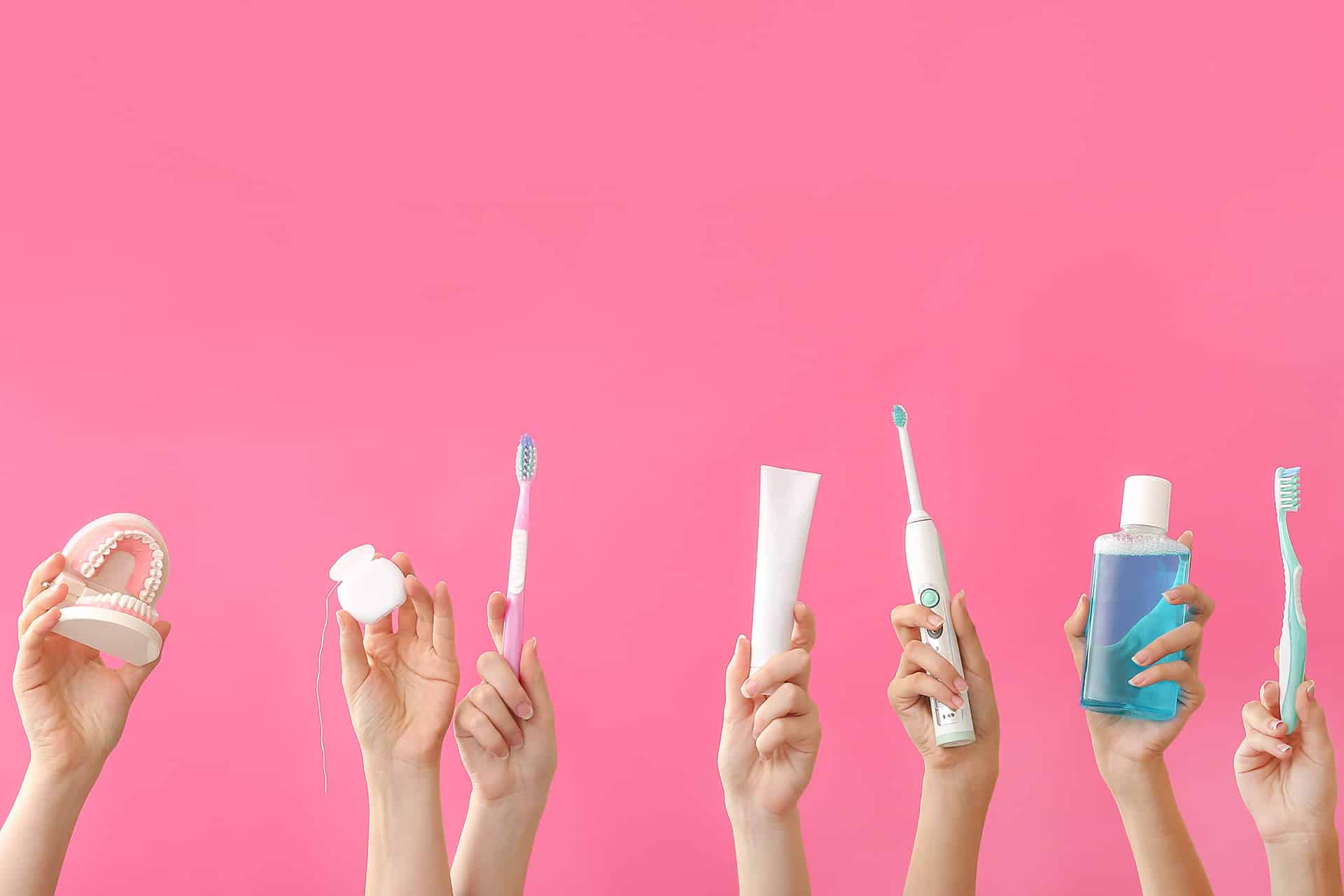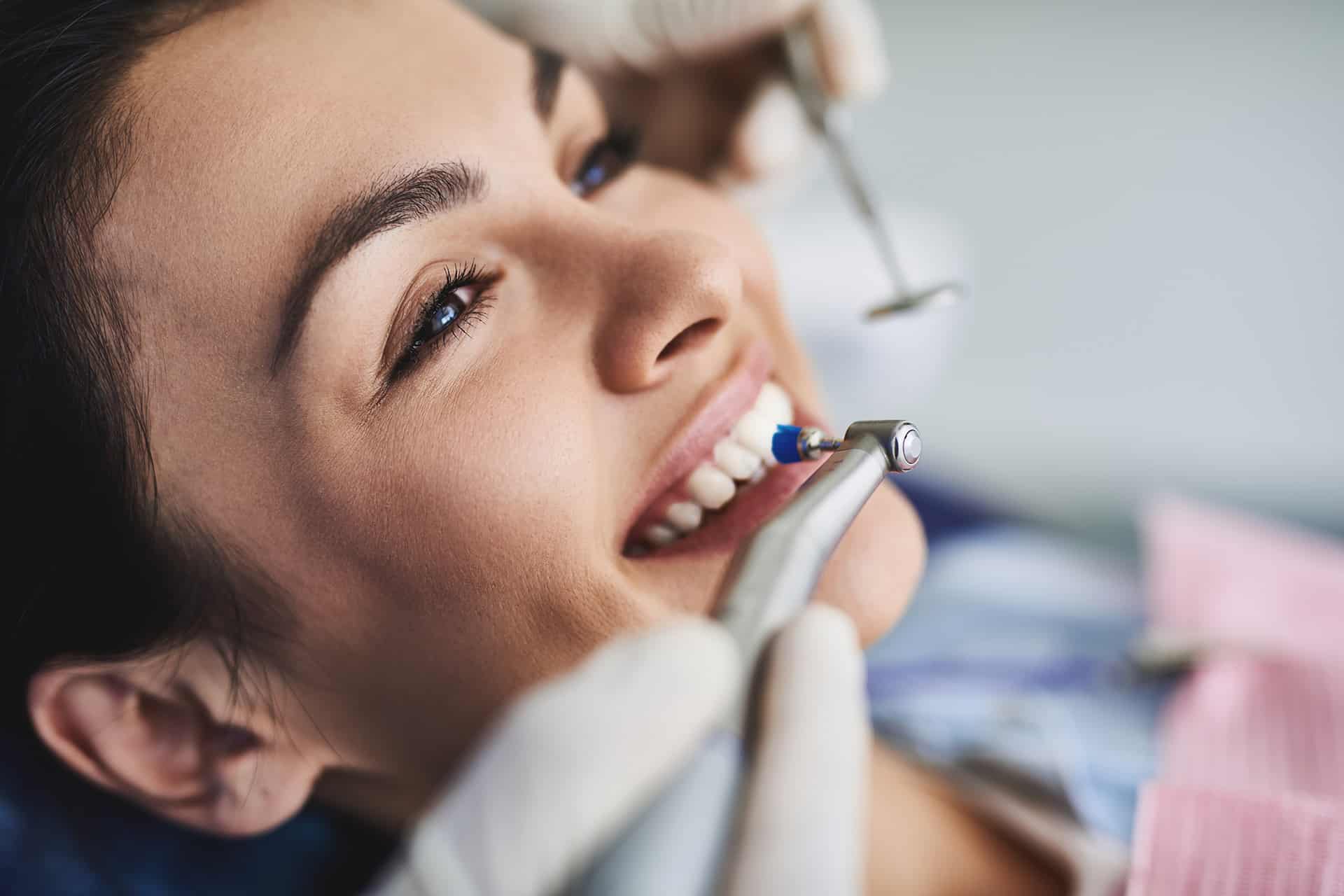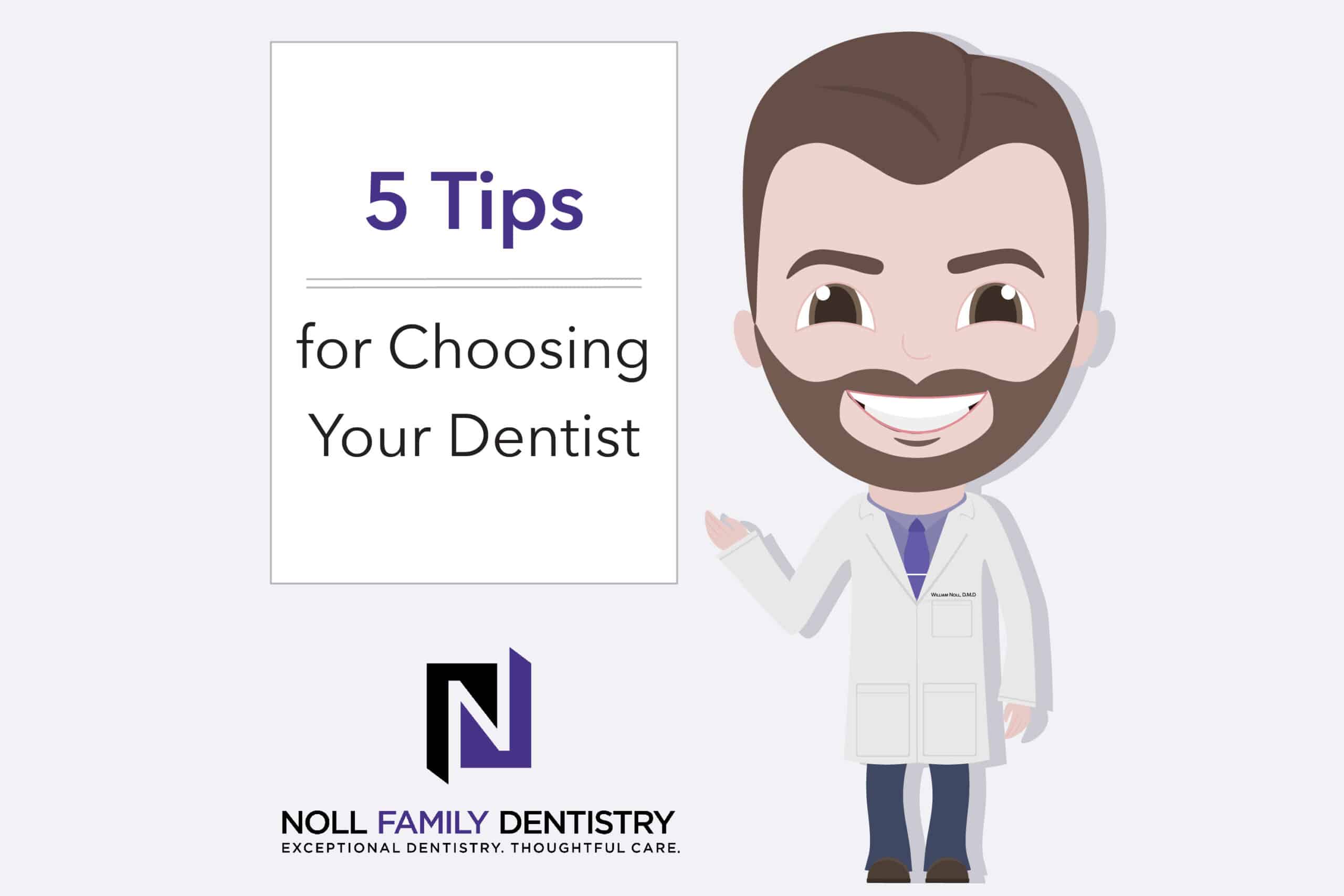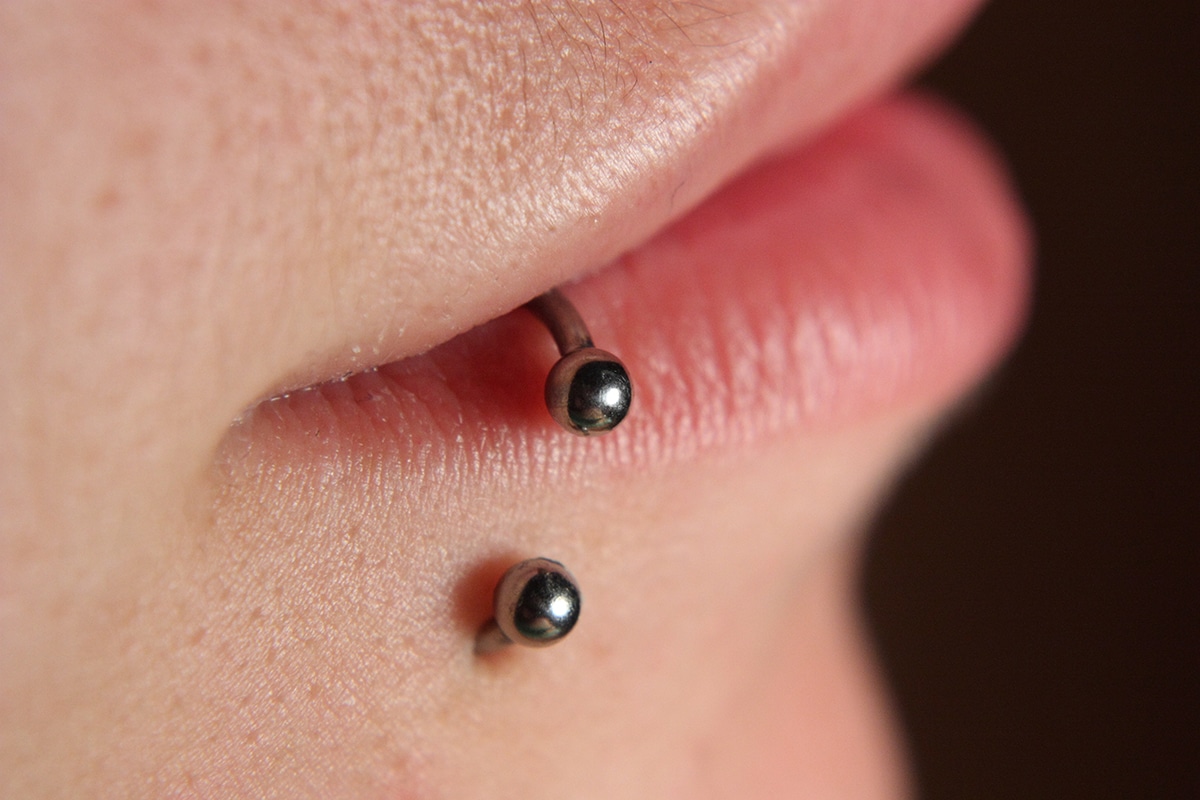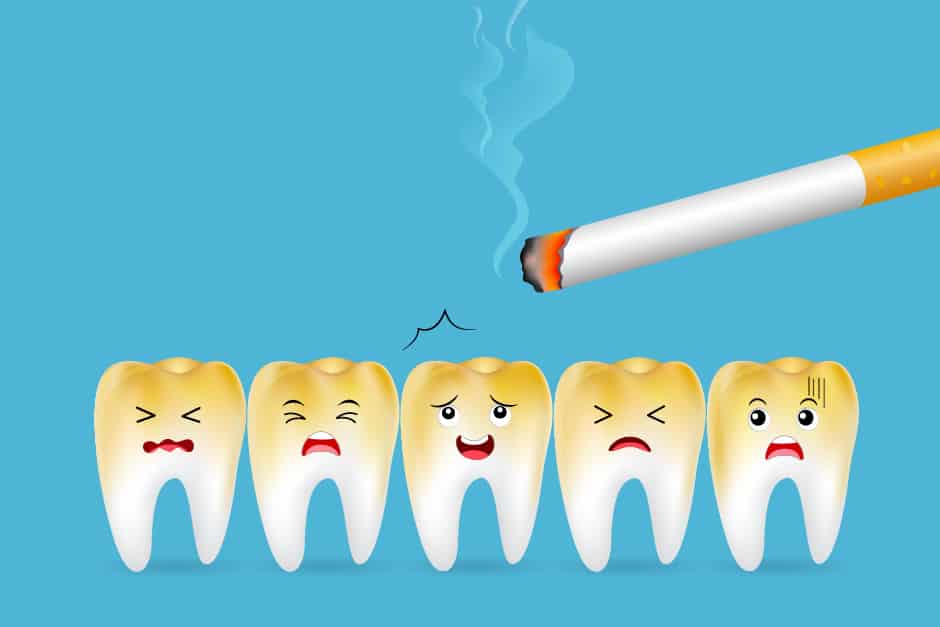While you may already know that smoking is bad for your teeth, you might wonder if vaping is safe. The answer is yes. While some people switch from smoking to vaping because they may think vaping is a safer alternative to smoking, studies show that it is just bad for your teeth and gums. Vaping has the same adverse effects on your oral health as smoking and your dentist WILL be able to tell.
Sadly, many teens are also vaping and putting their mouths at risk. A recent survey shows up to 37% of high school seniors and over 17% of middle schoolers vaped in the previous year. That’s why knowing the risks of vaping is so important.
Here are some reasons vaping can harm your oral health:
Nicotine Can Stain & Harm Teeth & Gums:
Although vaping does not contain tobacco, it does contain nicotine. Because one cartridge of an e-cigarette is equal to smoking 2-3 packs of regular cigarettes, understanding the effects of nicotine on the mouth is important.
Nicotine is dangerous because mixed with your saliva creates yellow and/or brown tainted stains on your teeth which is bad for both dental aesthetics and health. As you continue to vape more and more, the stains will become more prevalent and harder to get rid of.
Studies have shown that nicotine has negative effects on the gums. Research suggests that nicotine acts as a vasoconstrictor that affects blood flow to gum tissue. Poor circulation because of nicotine is compounded by affects on immune cells that increase the user’s chance of developing gum disease. That means that nicotine use is associated with increased periodontal pockets, bone loss, and tooth loss.
Vaping Causes Dry Mouth:
While nicotine also reduces the saliva flow in your mouth, so does the chemical, Propylene Glycol, which is an ingredient in vaping oils. This chemical absorbs moisture in your mouth causing dry mouth (xerostomia). The effect of less saliva in your mouth is a cause for concern since saliva plays a crucial role in maintaining oral health by helping to rinse away food particles, bacteria, and acids that can lead to tooth decay and gum disease. A dry mouth can increase the risk of these dental issues.
Tooth Staining & Cavities:
Propylene glycol also breaks down into acids that damage enamel, which makes teeth more vulnerable to cavities. Not only that, but the vegetable glycerin and other flavorings in the oils help bacteria stick teeth that are already damaged. Those flavoring additives are known to decrease enamel hardness by 27%!
Mouth Burns:
While rare, vaping can cause mouth burns because they are generated by lithium batteries that can overheat or even explode.
Palate Stomatitis:
Vaping can damage the cell lining of the mouth, especially the tissue on the roof of your mouth. Becoming inflamed, which can lead to painful sores and lesions.
Oral Lesions:
There have been reports of vapers developing oral lesions, including canker sores and other mouth ulcers. While the exact cause is not fully understood, the chemicals in e-cigarettes may contribute to these lesions.
Tooth Damage:
Because nicotine is a stimulant, it can act as a muscle stimulant that can cause you to grind or clench your teeth, which is called Bruxism. Bruxism can cause broken & damaged teeth, jaw pain, headaches, and is a risk factor for bone loss around your teeth.
Is vaping better or worse for your teeth than smoking?
It’s challenging to definitively say whether vaping is worse for your teeth than smoking, as both habits can have detrimental effects on oral health, and the long-term impacts of vaping are still being studied. However, it is important to recognize that while vaping is often marketed as a safer alternative to smoking, it is not without risks, and these risks can include negative effects on dental health such as: tooth staining, gum disease, tooth loss, tooth decay, and even oral cancer.
The effects of smoking and vaping can take a toll on your teeth, gums, and oral tissues, so it’s important to have regular oral cancer screenings if you regularly use these products.
The Bottom Line
Even though e-cigarettes don’t have tobacco, their oils still have nicotine, which causes mouth problems like smoking. The other ingredients in vaping oils can cause damage to your teeth too.
The misconception is that e-cigarettes are healthier than smoking, or that vaping isn’t bad for your teeth. So, if you vape or smoke, just know that the habit can cause some serious problems for your teeth & gums.
If you vape, stay on top of your oral health, and always keep regular dental checkups at your local dentist. And if you want to quit, talk to your dentist for cessation options and to learn about how to best protect your teeth and gums from the effects of nicotine on your oral health.


